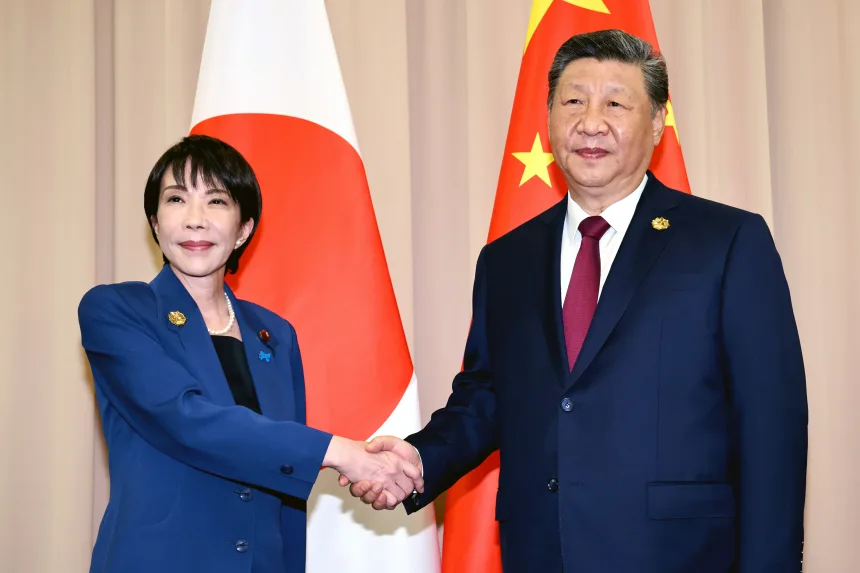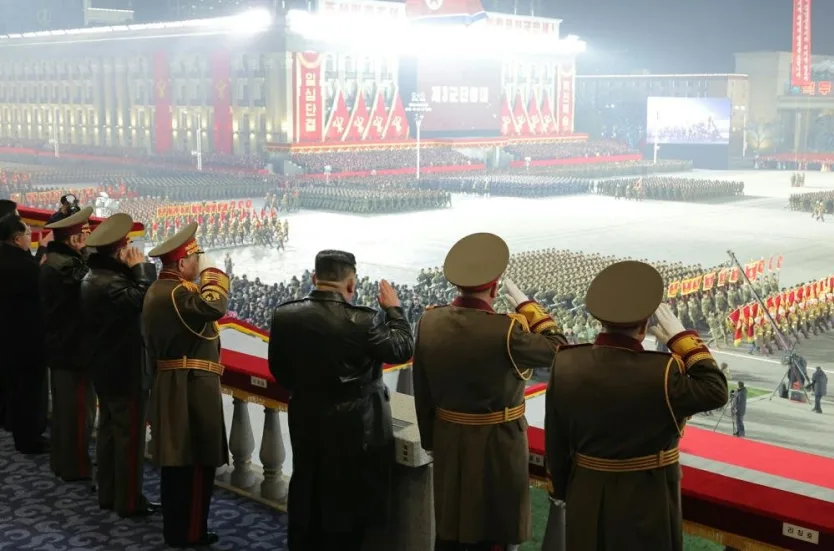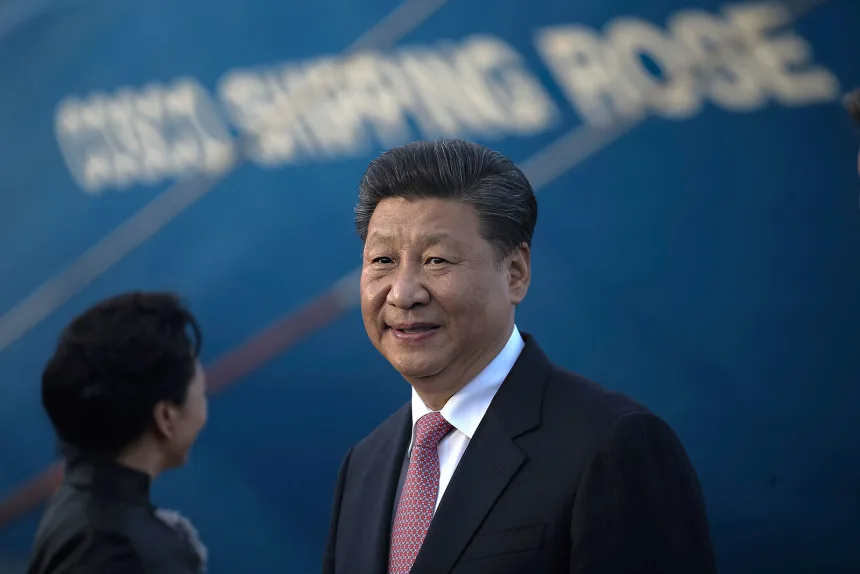Now Reading: China Warns Citizens Against Travel to Japan Amid Taiwan Tensions
-
01
China Warns Citizens Against Travel to Japan Amid Taiwan Tensions
China Warns Citizens Against Travel to Japan Amid Taiwan Tensions

China has issued a travel advisory warning its citizens against visiting Japan following controversial remarks by Japanese Prime Minister Sanae Takaichi about Taiwan. Beijing described her comments as “blatantly provocative” and said they posed new risks to the safety and security of Chinese nationals in Japan.
The advisory, the most substantial of Beijing’s recent retaliatory measures, comes alongside notices from Chinese airlines, including Air China, China Eastern, and China Southern, offering refunds or free changes on certain tickets to Japan. China’s Ministry of Education also cautioned students planning to study in Japan, citing a “worsening public security situation” and a reported rise in crimes targeting Chinese nationals.
Takaichi, Japan’s first woman prime minister, sparked the row during a parliamentary session when she suggested that a Chinese attack on Taiwan could threaten Japan’s survival, potentially triggering a military response. Beijing regards Taiwan as part of its territory and has repeatedly warned that attempts to intervene in the Taiwan Strait would meet a “crushing defeat.”
The dispute has escalated diplomatic tensions, with both countries summoning each other’s ambassadors. State media in China has published critical commentaries, while social media erupted with nationalist sentiment against Takaichi.
Japan has rejected calls from Beijing to retract the remarks. Foreign Minister Toshimitsu Motegi stressed that Takaichi’s comments were hypothetical and related to an “existential crisis situation.” Meanwhile, Chief Cabinet Secretary Minoru Kihara highlighted the importance of peace and stability in the Taiwan Strait for regional and global security.
Nearly 7.5 million Chinese citizens visited Japan between January and September this year, the highest from any country, according to Japanese data. Beijing’s travel warning, mirrored by authorities in Hong Kong, is expected to disrupt tourism and people-to-people exchanges significantly.
The incident comes shortly after Takaichi met Chinese President Xi Jinping at the APEC summit in South Korea, where both leaders agreed to pursue stable bilateral ties. Analysts say the warning signals China’s willingness to use economic leverage and diplomatic pressure to assert its regional influence.




